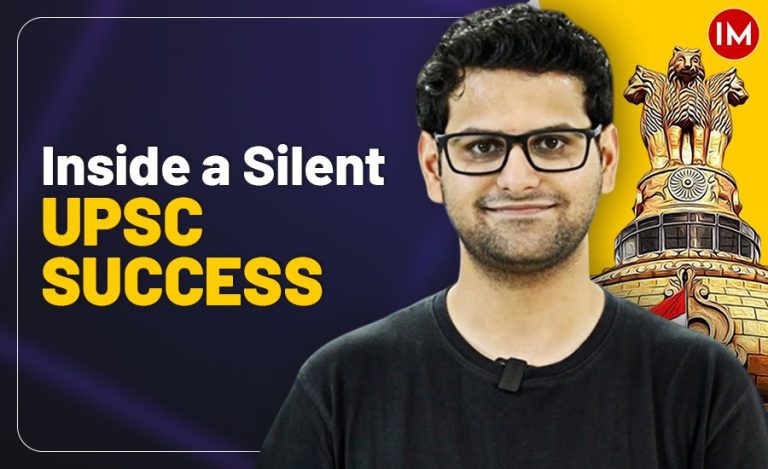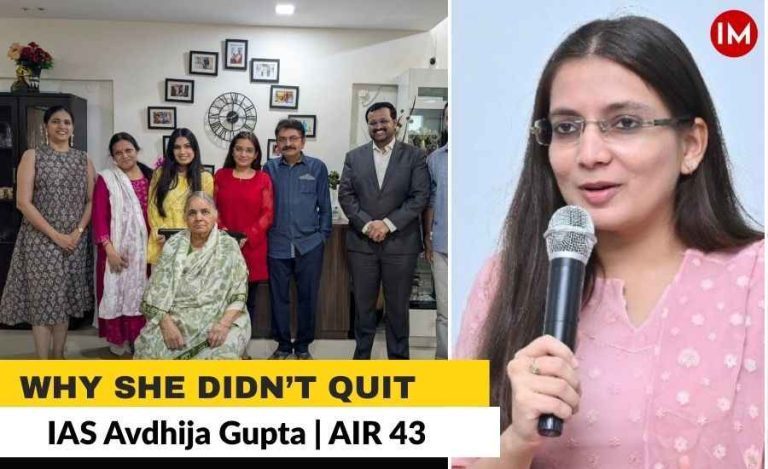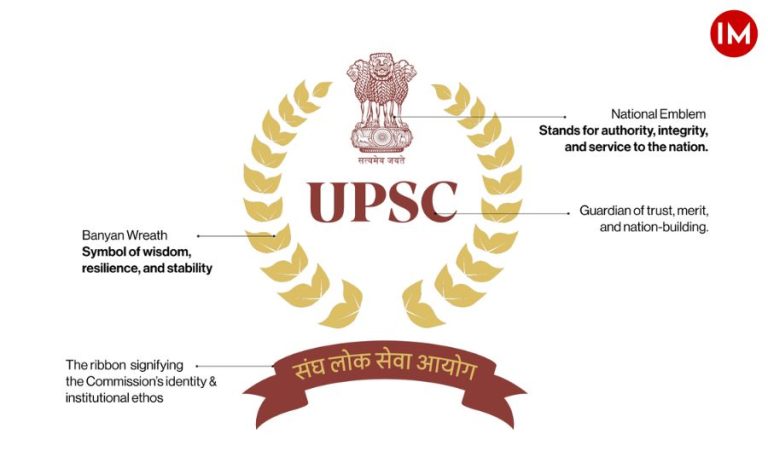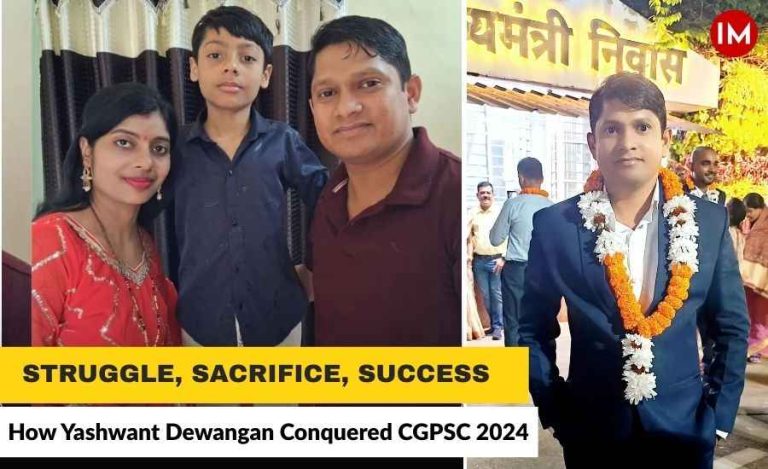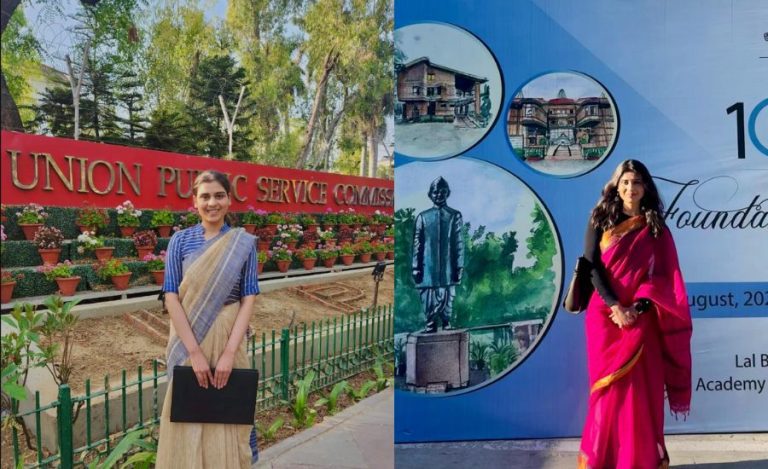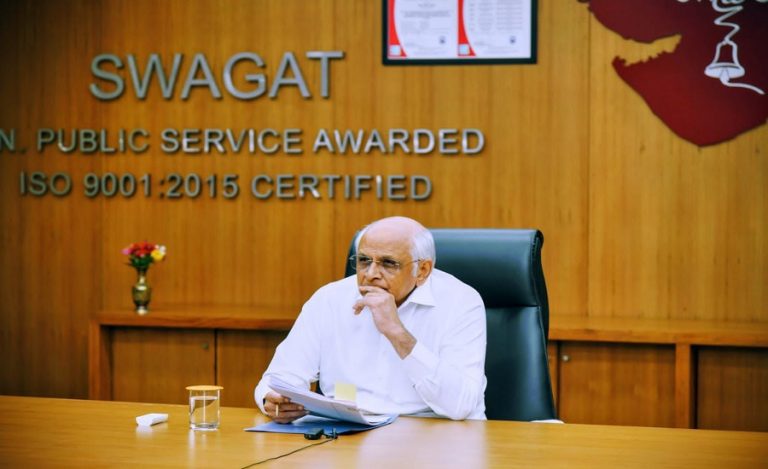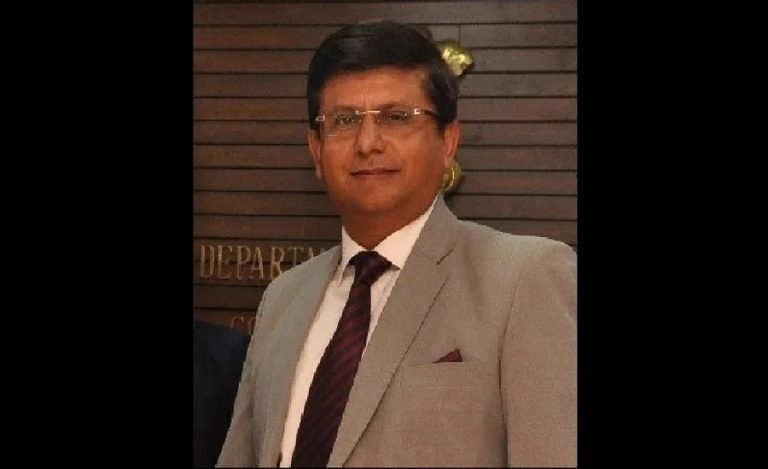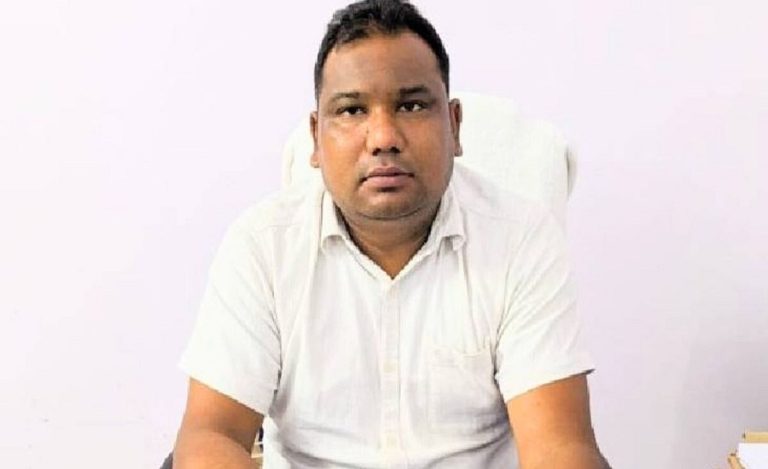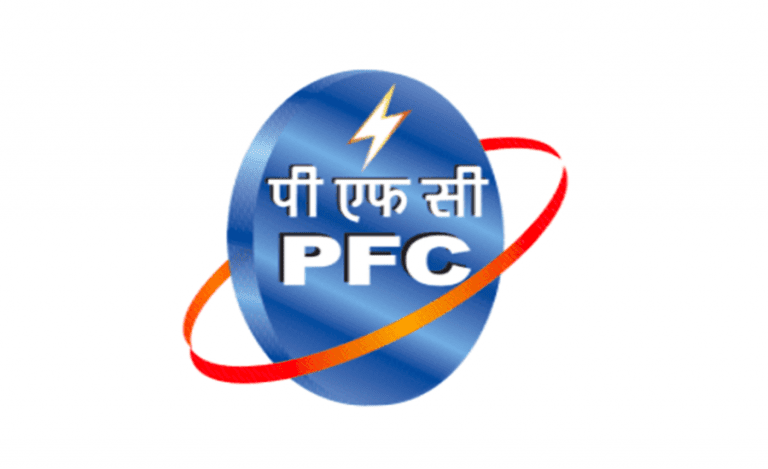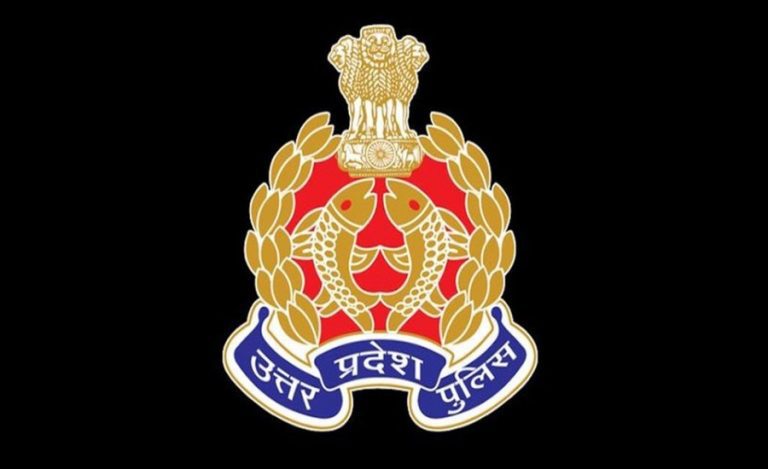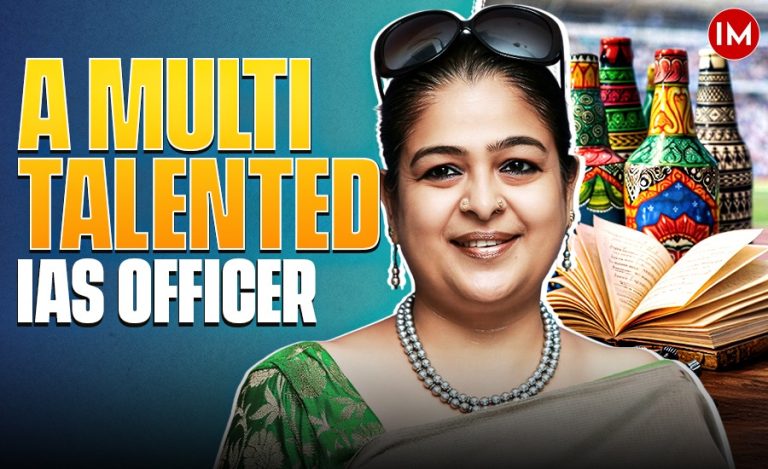Famous Argentine writer Jorge Luis Borges once said, “I have always imagined that paradise will be a kind of library.” Indeed, developing the habit of reading is essential to our growth as it not only opens the gate of knowledge for us, but also opens a floodgate of opportunities. And if you are preparing for a highly competitive exam like the UPSC CSE, IIT JEE or NEET, then reading with a purpose becomes all the more important – everything that you read should come within the ambit of your preparation.
However, it is not easy to develop a reading habit later on in life if you didn’t get hooked to books as a child. Recently, an IITian who cleared the prestigious UPSC CS examtwice, Abhijeet Yadav, who’s highly active on Twitter, gave some suggestions on how to read, and in a better way, so as to get maximum benefits out of it.
READING SPEED
Mr. Yadav said that reading is an essential skill, but we’re not taught about it beyond the most basic levels. So, he starts off by talking about reading speed and the myths. “High reading speed is a dubious achievement. Anything worth reading is worth reading slowly. Yet there will be those that ask how to read faster.”
Easiest method: Read more often. The more you practice the better you get.”
He also mentions that the ideas he was going to present were borrowed from the book, How to Read a Book, by Mortimer Adler and said “if you have time, skim through that whole book”.
ELEMENTARY READING
In his next tweet, he sheds light on the types of reading and suggests how to do them. “Elementary Reading – This is what’s taught in school. You read the sentence and understand what it means. You read sentence after sentence, without any care for the overall theme.”
1. Elementary Reading
— Abhijeet (@abhiwhy) June 10, 2021
This is what's taught in school.
You read the sentence & understand what they mean. You read sentence after sentence, without any care for the overall theme.
INSPECTIONAL READING
He then moves on to the second type of reading. “Inspectional reading – Most UPSC aspirants are at this level. You read to get an idea about the theme.
Two types:
• Systemic Skimming: read the index and imp chapters.
• Superficial Reading: read cover to cover without stopping.
You’re not engaging with the content yet.”

ANALYTICAL READING
In his next tweet, he comes to Analytical reading. “This is what’s needed for clearing UPSC. The goal: close the gap in understanding between you and the author.
By the end of this, you can explain:
• What the author said
• What they meant
• Why they said it.”
WHAT TO DO
In his next tweet, he explains how you do that. “How to do –
• Identify, organise, outline the parts.
• Spot the keywords. Understand what they mean.
• Build the arguments by picking sequences of sentences.
• Understand before you agree/disagree.
(P.S. you can even disagree with Laxmikanth! But where?)”
SYNOPTIC READING
In his next tweet, he writes about the fourth type, and that is synoptic reading. “Synoptic reading – This is the level of evalution. You’re exploring the subject by reading widely.
Goal: Don’t just read conclusions, build your own. This is what’s needed for your Optional.”
How do I read more?
— Abhijeet (@abhiwhy) June 10, 2021
Make time in your day for reading.
Reading is the gateway to growth but like everything else, you need to spend time with it.
"In my whole life, I have known no wise people who didn't read all the time – none."
– Charlie Munger
HOW TO DO
Then, he suggests how to go about it. “Pick a subject.
• Realise more than one book is necessary.
• Draw up a long list of books – topper’s sources help.
• Systematically skim all books on the list.
• Choose a few from the many for analytical reading.
There are no shortcuts here.”
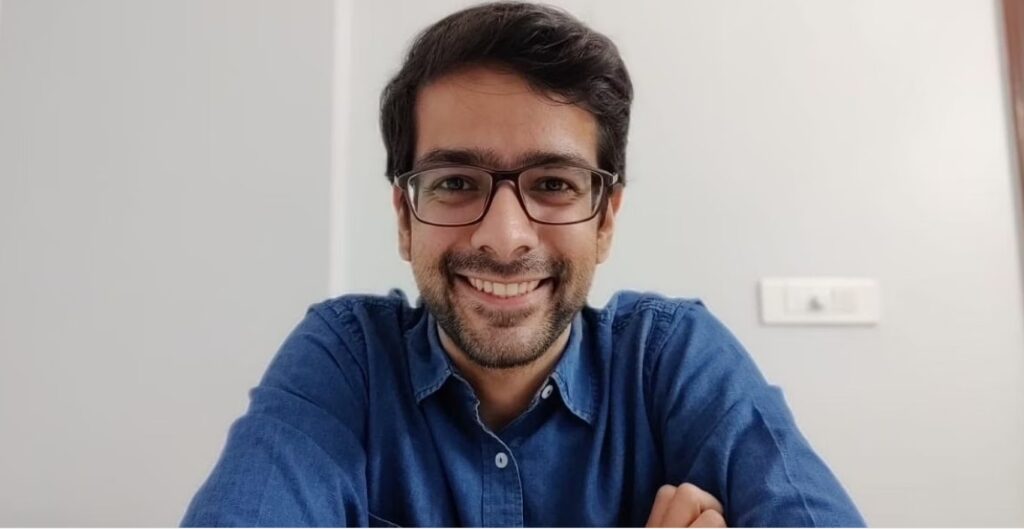
IN CONCLUSION
In his next tweet, he writes: “Make time in your day for reading. Reading is the gateway to growth but like everything else, you need to spend time with it.”
And follows this up with a quote:
“In my whole life, I have known no wise people who didn’t read all the time – none.” – Charlie Munger
He concludes his long thread with a word of caution, quoting another renowned personality: “Finally, A Word of Caution!
Such, however, is the case with many men of learning: they have read themselves stupid. – Schopenhauer
When you read, you’re repeating someone else’s mental process.
Don’t just read, take the next step. THINK as well.”
(Abhijeet Yadav gave five years of his life to the UPSC CSE journey. He made 6 attempts, which covered 4 Mains, 2 interviews, 2 selections, and got AIR 653 in CSE 2017 and R-List in CSE 2018. He is now an UPSC mentor and the founder of UPSCprep.com. An alumnus of IIT Delhi, he also has his YouTube channel with over 136,000 subscribers, where he helps aspirants to prepare better for UPSC exams)


